As you may know, I review books fairly regularly. Most of them are sent to me for review. In this case, I bought this one, have not been asked to review it but I’m glad to.
Who is Chris Seay?
He’s the pastor of the Ecclessia Church in Houston, Texas and author of The Gospel According to Tony Soprano, The Gospel According to Jesus, and his latest title, A Place at the Table: 40 Days of Solidarity with the Poor
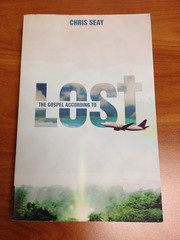 What I Liked –
What I Liked –
I think the best thing I can say is that it’s an excellent read for “serious but somewhat normal” LOST fans. To no fault of its own, it will disappoint the super-nerd LOST fan. You know the one who has a Mr. Ecko tattoo, convinced the spouse to name the twins “Desmond and Penny” and got the VW van in honor of Hurley.
Really liked the “patron saint” theme – planning on using a little of that in my sermon. Also, liked the artistic renderings of the LOST characters – well done.
In terms of spiritual value, I’m not expecting much from these types of books, however Chris does a fantastic job between being interesting, brief and insightful. Further, it’s very “sermon material” friendly. I know most of the audience are not pastors, but for those who are – bonus!
What I Wasn’t Sure About –
I read it twice. Once right before Season 6 and again this week in preparation for a sermon in which I was mentioning LOST. I haven’t watched it since the finale so unfortunately, I wasn’t “there” with every reference (which points to the strength of the book by the way). But even not having recapped but having seen the finale, the book felt dated. I imagine Chris feels the same and would love to see him revise and update it. THEN, I would watch the series again and read it again. Win-win here :)
Conclusion
I think LOSTies in my Christian circles would really enjoy this. You can order a used copy through Amazon right now for less than $5.
QAP9HZKPRMH8
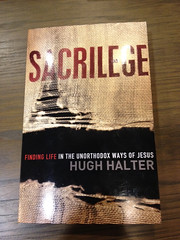 I received a free copy of Hugh Halter’s new book Sacrilege from The Ooze Blogger program. As always, I am not required to write a positive review but only an honest one.
I received a free copy of Hugh Halter’s new book Sacrilege from The Ooze Blogger program. As always, I am not required to write a positive review but only an honest one. Note: I have received this book from the Book Sneeze Blogger Program of Thomas Nelson Publishers. I am not paid for my reviews nor am I required to give a positive review (only an honest one).
Note: I have received this book from the Book Sneeze Blogger Program of Thomas Nelson Publishers. I am not paid for my reviews nor am I required to give a positive review (only an honest one).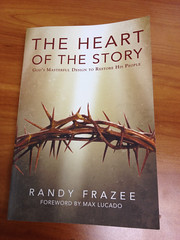 From the Publisher:
From the Publisher:
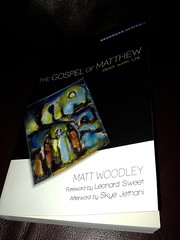 Cultural references include:
Cultural references include: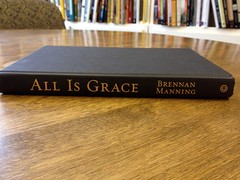 I appreciated his honesty concerning his what I would describe, an almost loveless upbringing, particularly, his relationship with his mom. If you don’t read till the end of the book, you missed it – moving, powerful, Christian.
I appreciated his honesty concerning his what I would describe, an almost loveless upbringing, particularly, his relationship with his mom. If you don’t read till the end of the book, you missed it – moving, powerful, Christian.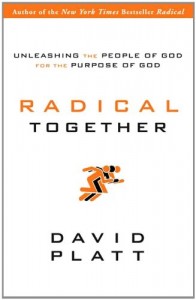 What I Liked
What I Liked




Recent Comments